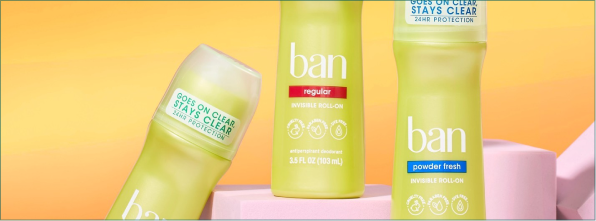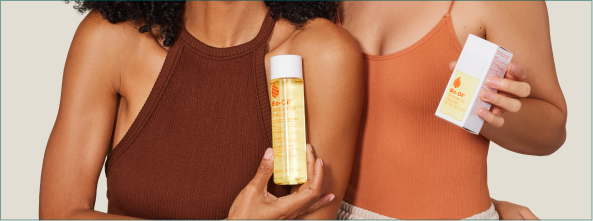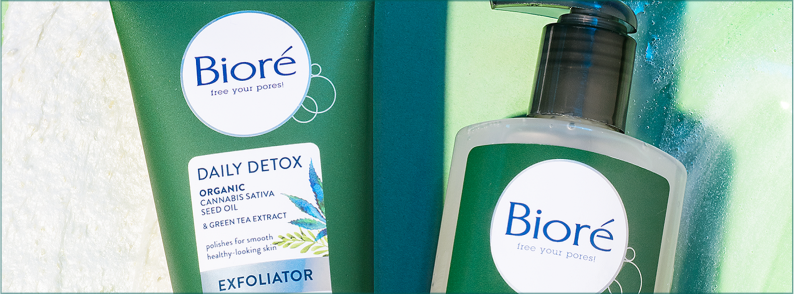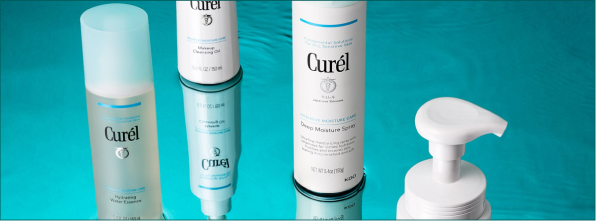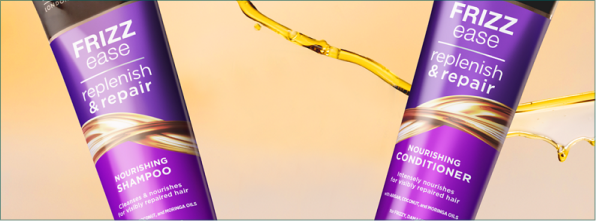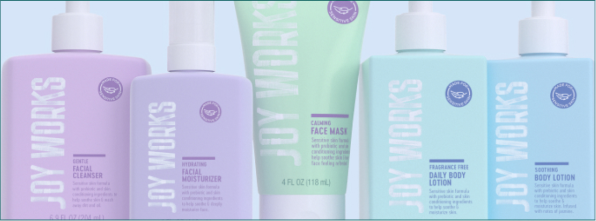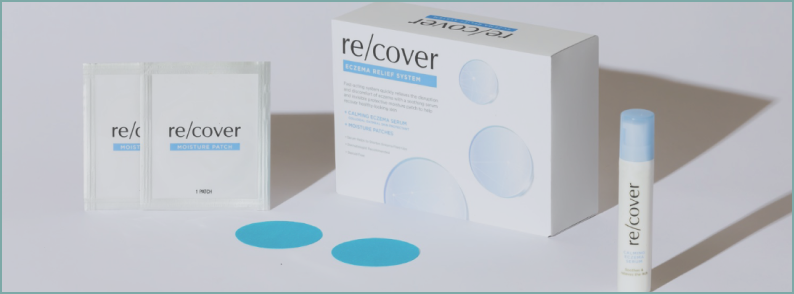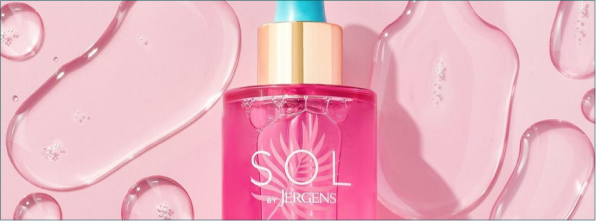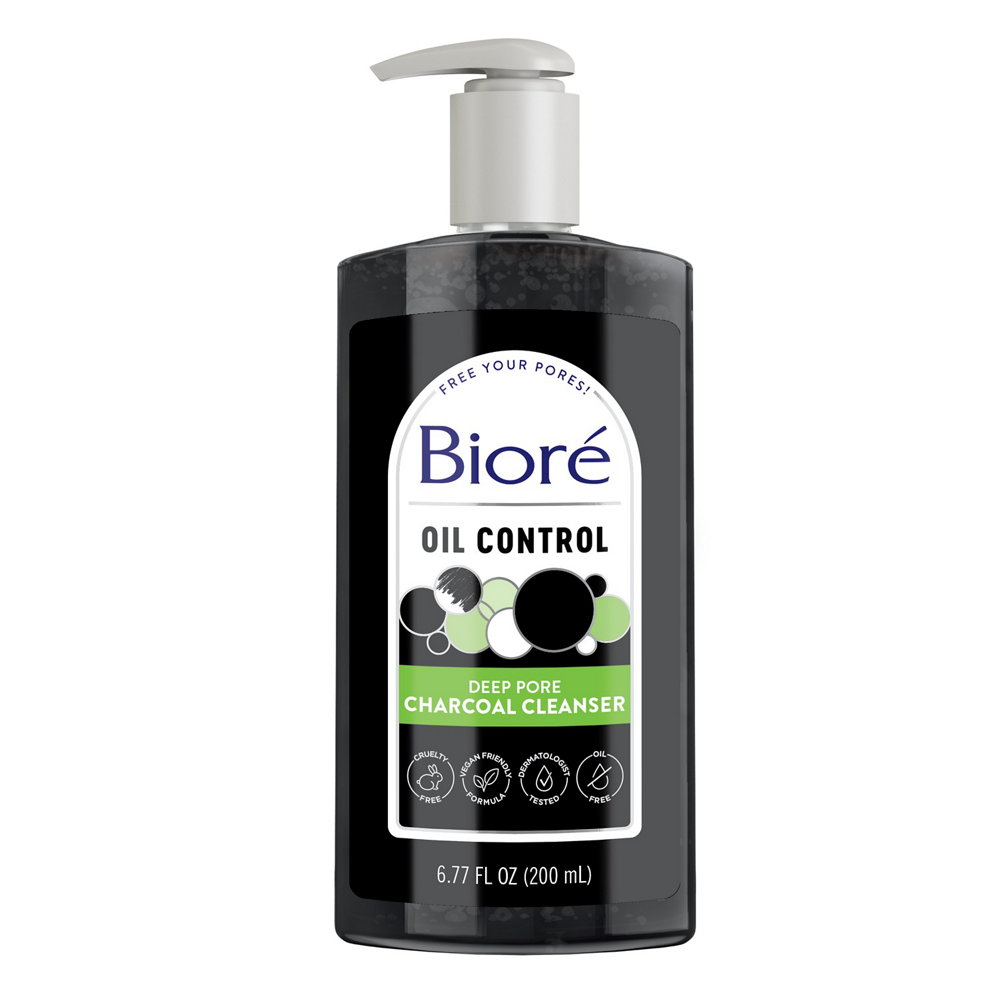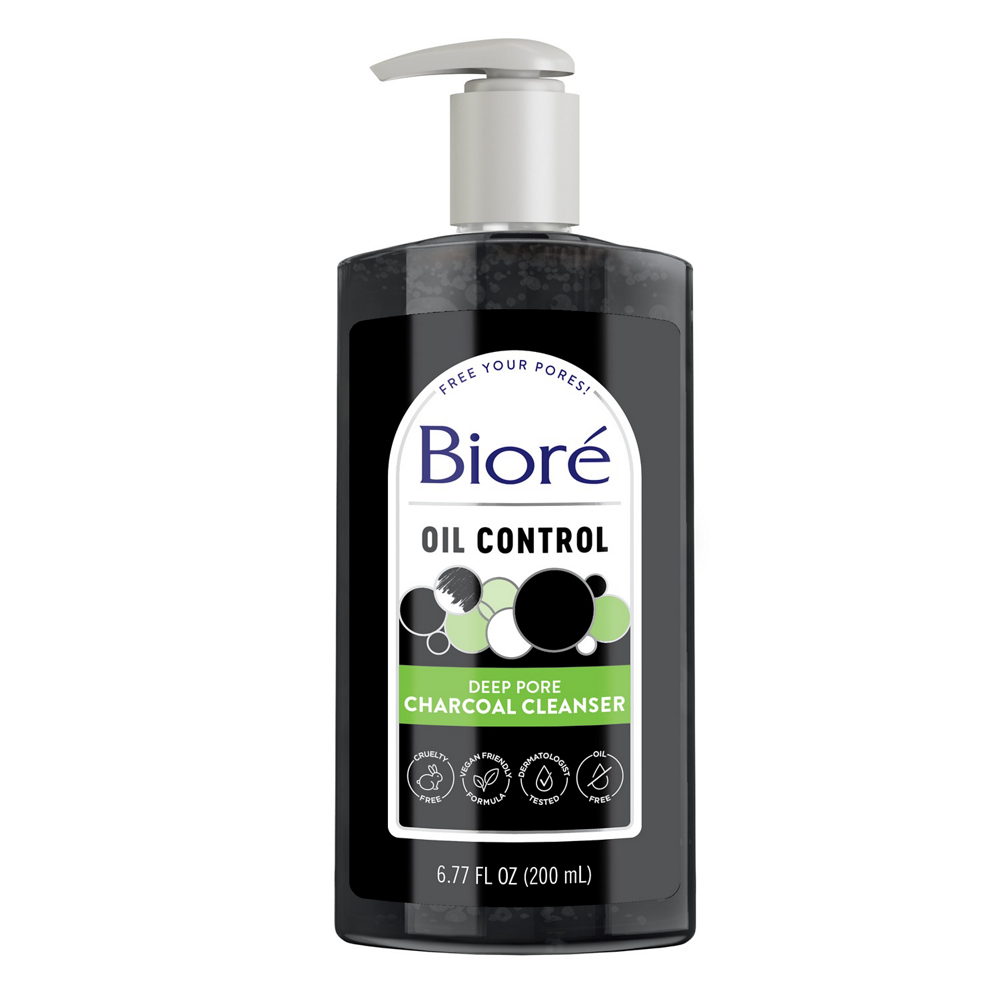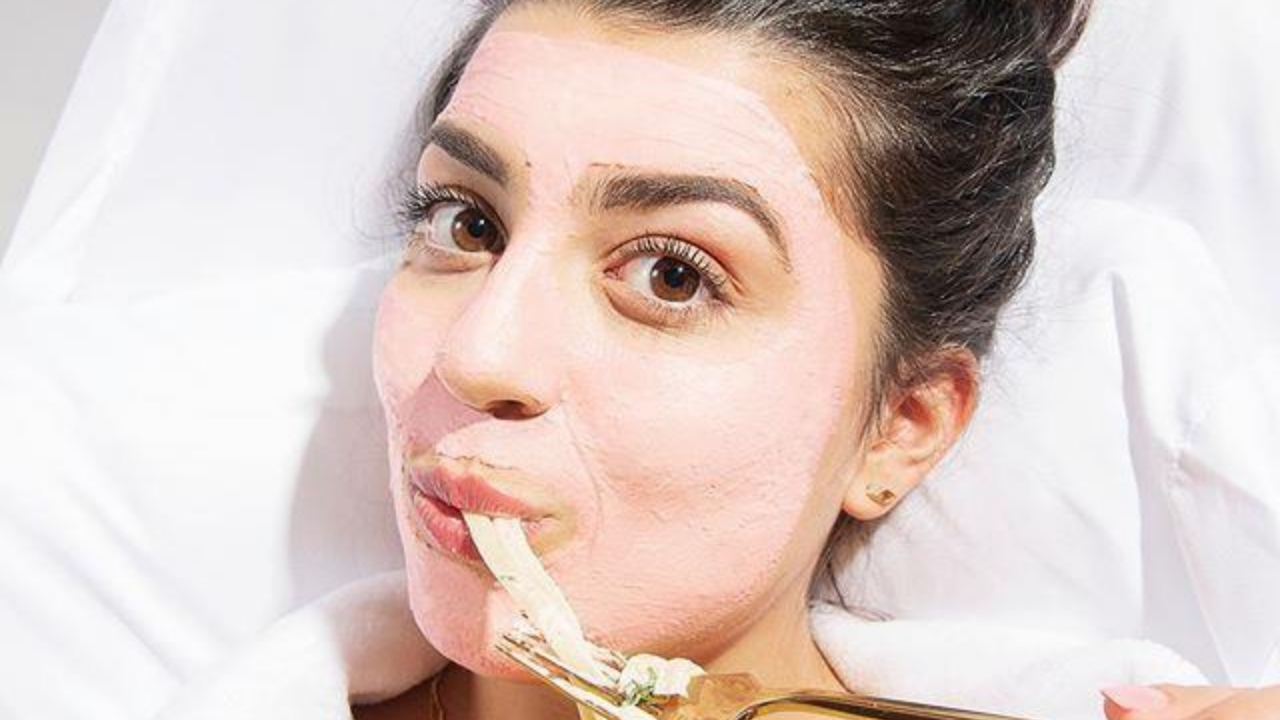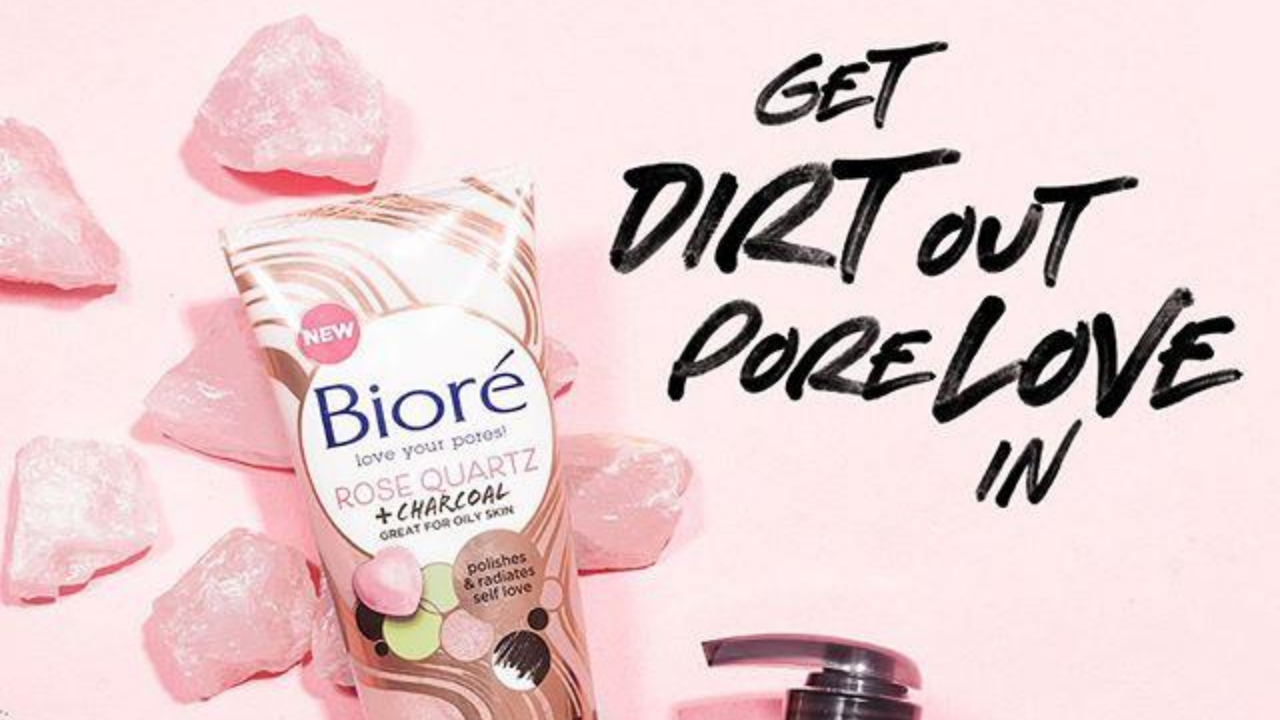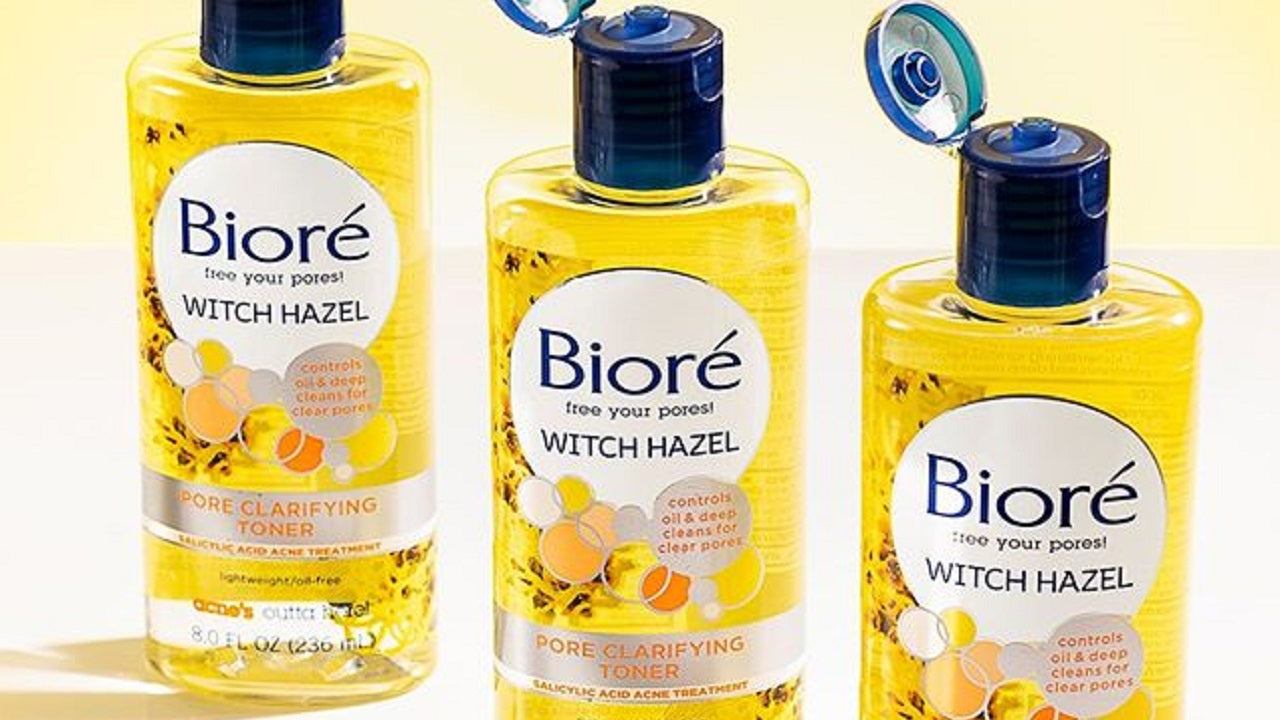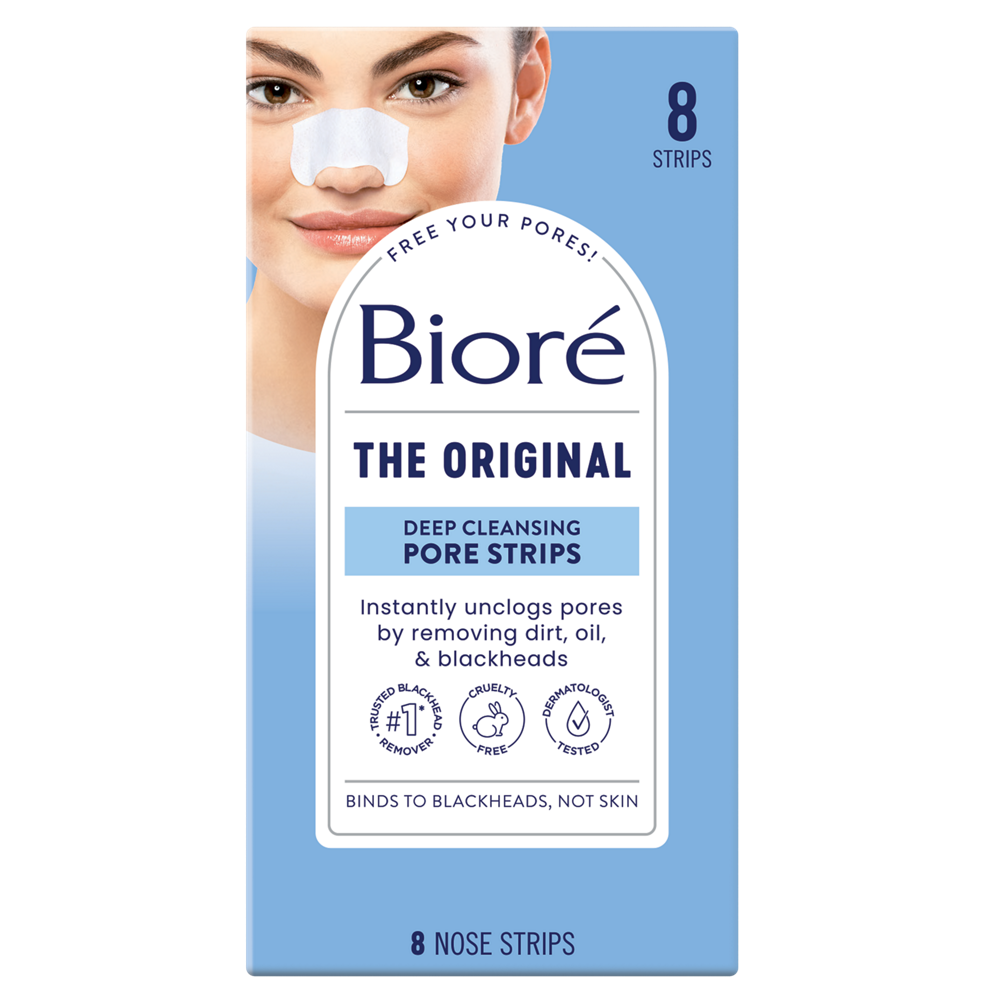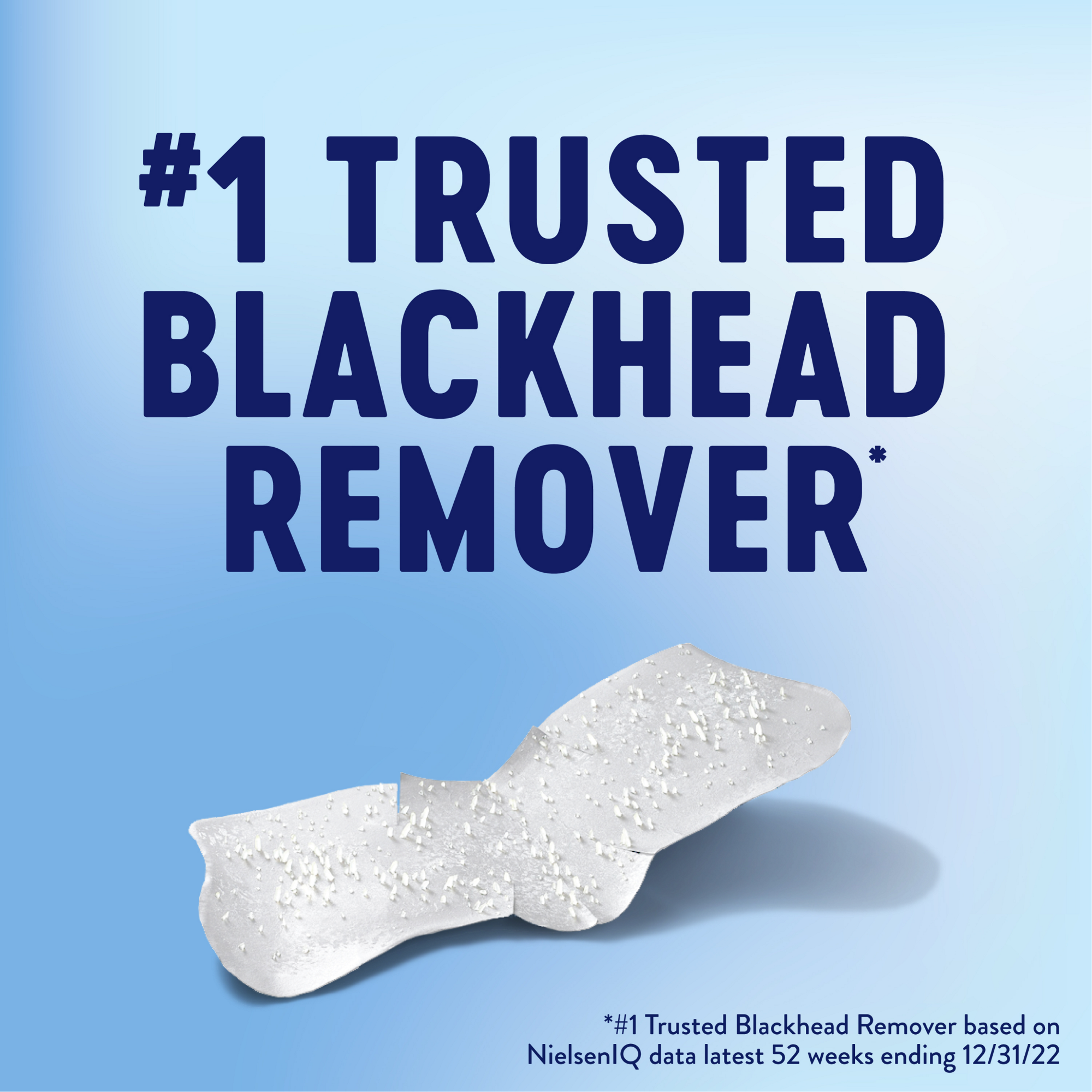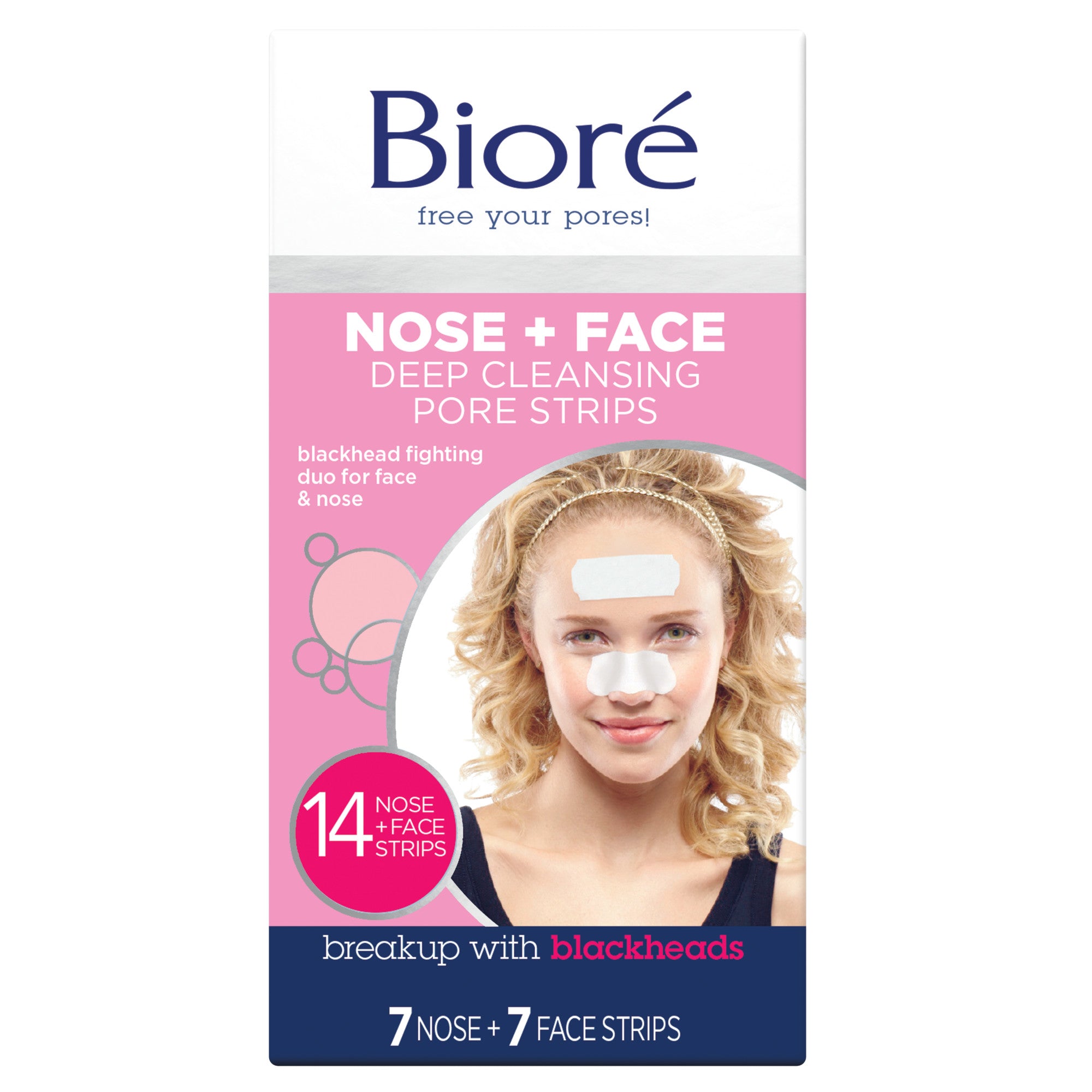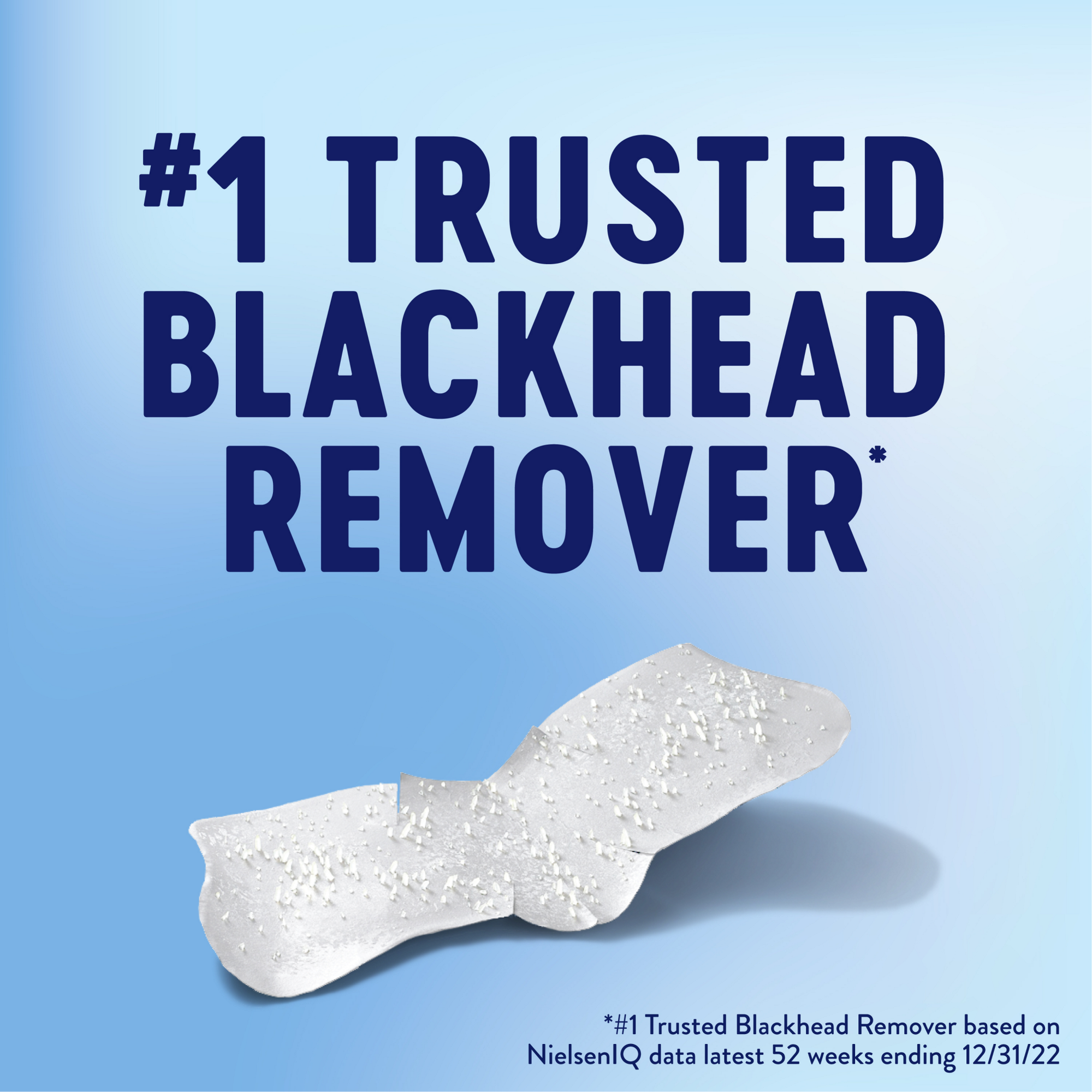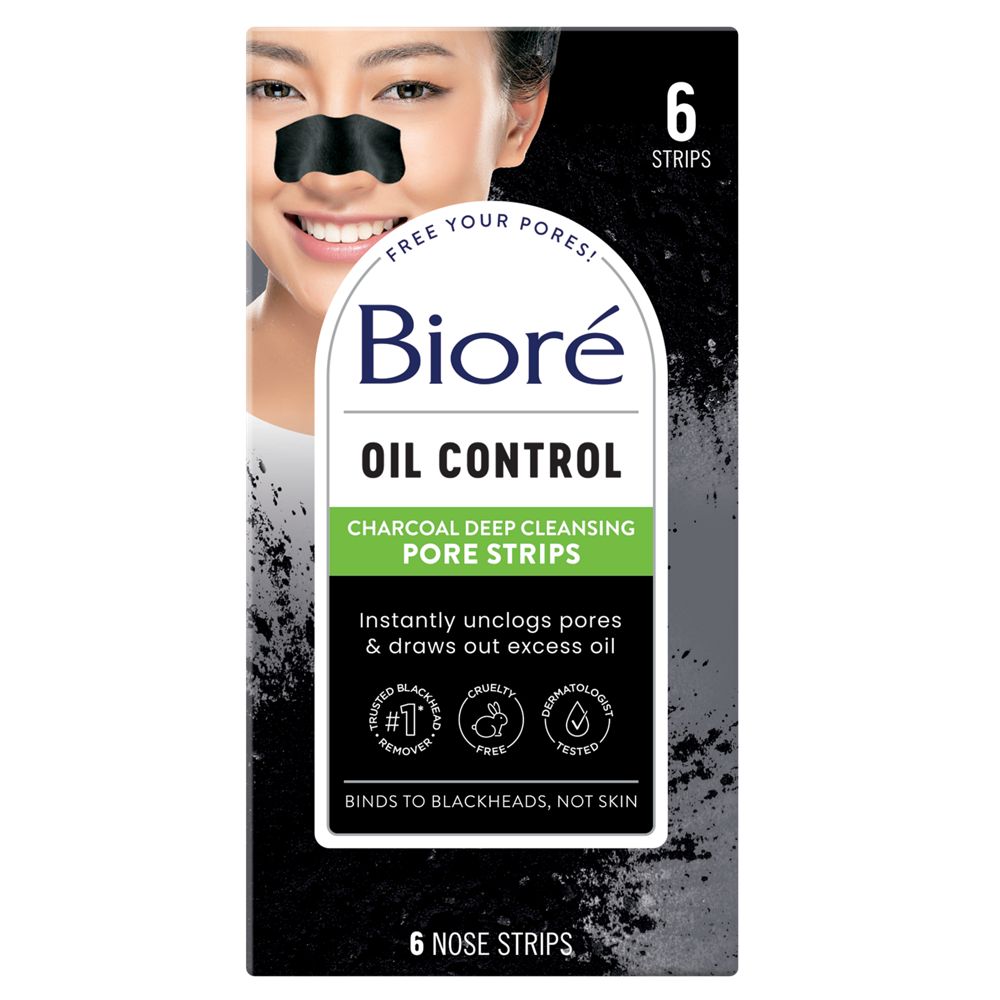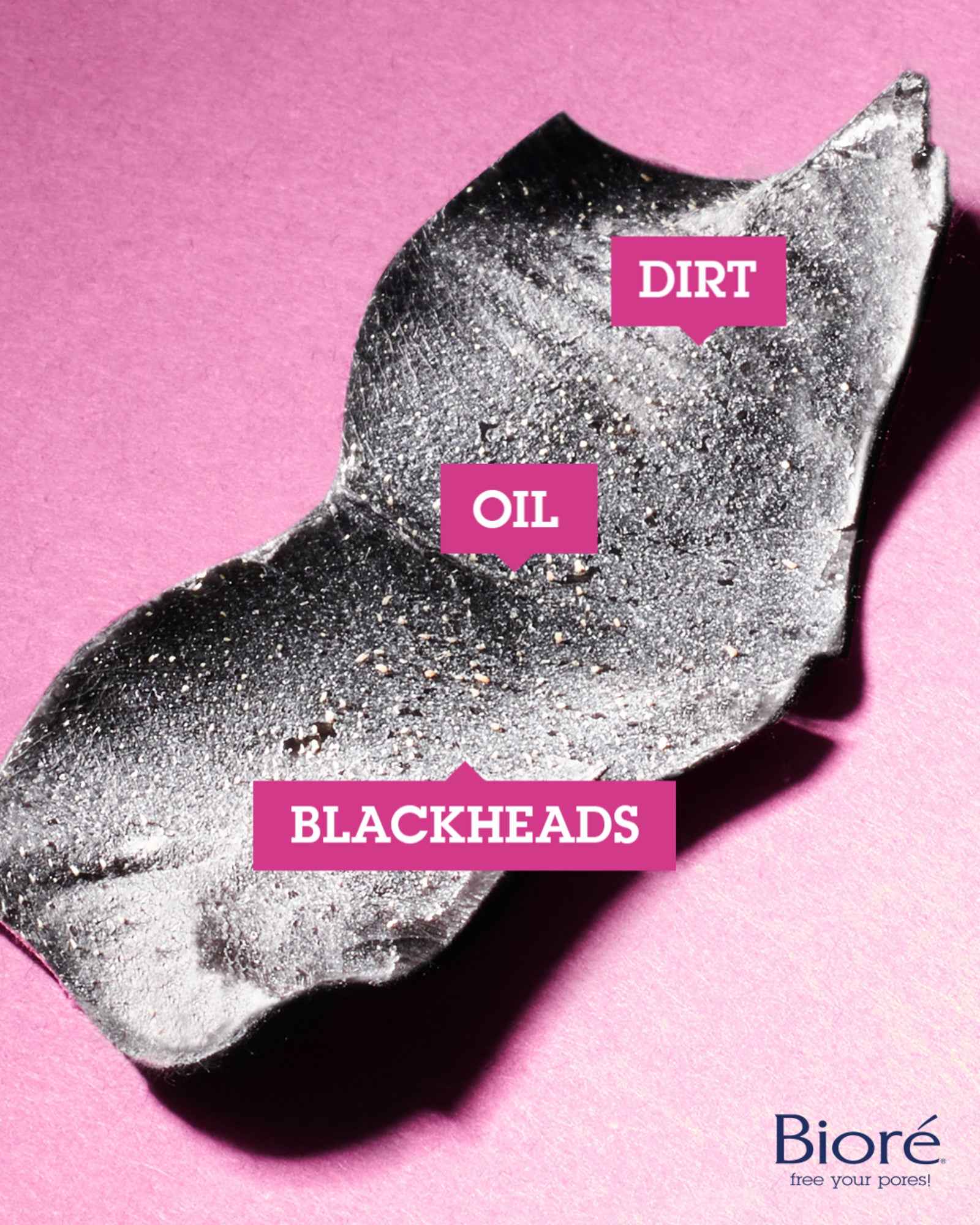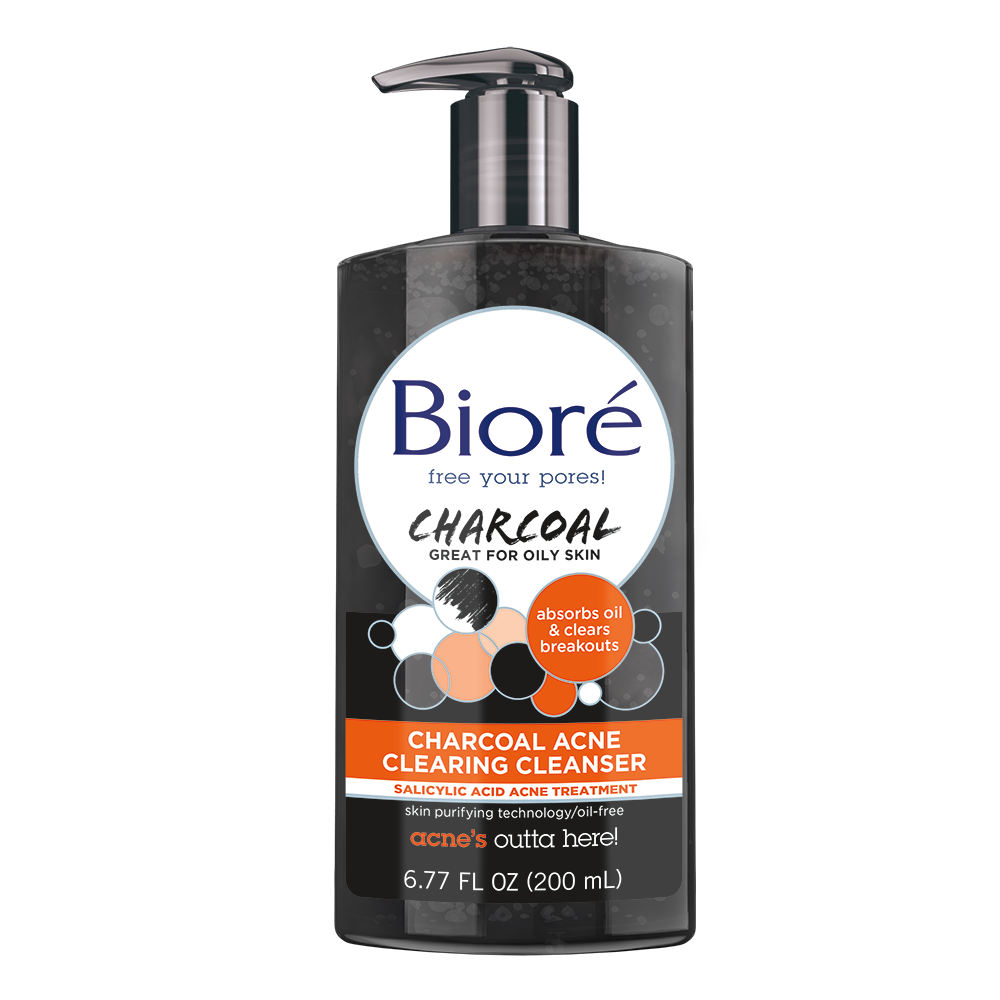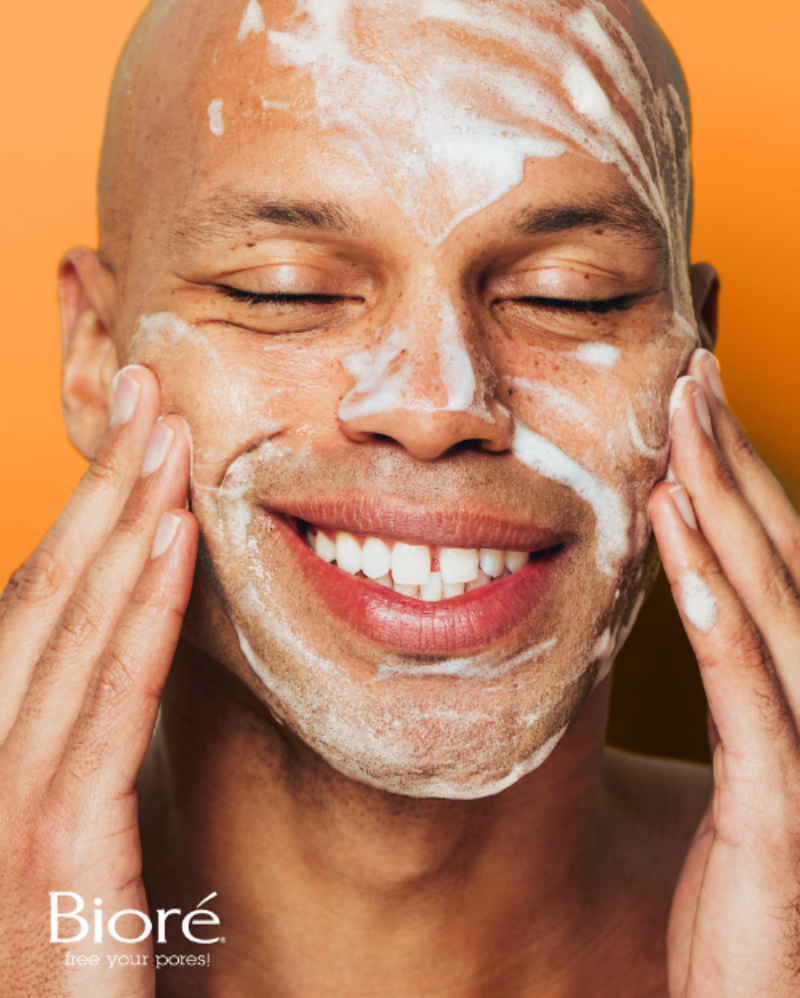What Causes Oily Skin?

Oil, or sebum, is naturally produced by your skin to protect and hydrate itself. Beneath each one of your pores is something called a sebaceous gland. If you have oily skin, sebaceous glands tend to overproduce oil, which can lead to shiny, greasy skin as well as blackheads and other blemishes. Figuring out what is causing your oily skin is the first step in creating a fitting skincare routine.
What Is Oily Skin?
If your skin exhibits some or all of the following signs, you most likely have an oily skin type:
- You are prone to breakouts and blackheads and have large pores on your chin, nose, and forehead.
- Your face is shiny and usually looks greasy by the end of the day, even if you use makeup setting powders or mattifying powders.
- When you apply makeup, especially foundation, it doesn’t sit well on your skin and may have a drippy appearance.

…pay particular attention to your T-Zone, the region of the face that consists of your forehead, nose, and chin. The T-Zone tends to produce more oil than other areas of your face.
What Causes Oily Skin? 7 Common Causes
Shop Charcoal Cleanser
Sale price
From $7.99
Why is your skin oily? Oily skin, at its core, is often caused by an overproduction of sebum (or oil). Your sebaceous glands produce this sebum all over your skin, and especially on your face, to keep your skin moisturized and healthy. Sometimes, though, your sebaceous glands may produce an excess amount of sebum, leading to oily skin.
Oily skin, at its core, is often caused by an overproduction of sebum (or oil).
Here are some common factors that may lead to oily skin:
1. Genetics
Oily skin generally has a genetic component, and you can be more prone to this skin type if members of your immediate family had oily skin growing up. Since there’s nothing you can do about shared genetics, focus on choosing products formulated for oily skin and following a consistent skincare routine to combat the oiliness.
2. Humid Climates
Where you live can also make a difference in the oil production of your skin. If you live in a tropical or in a humid climate, you are more likely to have oily skin compared to someone living in a dry environment. Your skin may also appear oilier in the summer months compared to winter or fall months.
Adjust accordingly when choosing products for your daily skincare routine. While a heavier moisturizer might be necessary to keep skin from getting too dry in a drier climate, try a lighter moisturizer, like one that is water-based, to combat the humidity in your area.
Make sure to cleanse regularly as well as apply moisturizer consistently so that your skin will be healthy and balanced no matter the weather.
3. Washing Your Face Too Often
While oily skin may give you the urge to wash your face multiple times a day, overwashing can cause your pores to go into overdrive. When you remove too much oil from your skin, your pores go into crisis mode and produce more oil to protect your skin from dryness.
Only wash your face twice a day, once in the morning and once at night. If you notice your skin getting oily throughout the day, carry gentle cleansing cloths with you to help remove excess oil without overwashing your skin.
When you remove too much oil from your skin, your pores go into crisis mode and produce more oil to protect your skin from dryness.
4. Certain Medications
Certain medications, like birth control or hormone replacement pills, can impact the condition of your skin. Other medications, especially those that contain steroids, can also cause oily skin. Ask your doctor if you are uncertain about the side effects of your medications.
5. Skipping Moisturizer
It’s a widely circulated myth that moisturizers can cause greasy skin. In fact, using a daily moisturizer is an essential part of a good skincare routine. If you don’t moisturize, your skin may produce more oil in an attempt to compensate for dry skin on your face. To moisturize oily skin, choose an oil-free moisturizer to help hydrate your skin without clogging your pores. It's always best to maintain a hydrating skincare routine.
6. Pore-Clogging Cosmetics
Certain types of skincare and makeup products can do more harm than good. If they are not non-comedogenic, they might clog your pores, which will eventually result in oilier skin. When shopping for makeup, look for products labeled as oil-free and non-comedogenic. These types of products are designed to prevent clogged pores and are ideal for oily skin types. At the end of the day, make sure to remove all your makeup with a makeup removing wipe as part of your nighttime skincare routine.
7. Overdoing Your Skincare Routine
There is such a thing as too much of a good thing when it comes to skincare. It is important to apply skincare products in moderation so that you do not further irritate or damage your skin. For example, cleansing more than twice a day may dry out your skin, which will cause it to overproduce oil and result in oily skin. Using pore strips too often can be too much for sensitive skin. Moisturizing too much may clog your pores and cause buildup. While all these things are vital to maintaining your skin, make sure you do not overdo it.
8. Poor Nutrition
While it may be difficult to resist foods that contain sugar, dairy, and carbohydrates, these foods can wreak havoc on your skin. Consuming too much of these foods can lead to overactive sebum production and the oily skin that comes along with it. Try to find a healthy balance so you can enjoy your favorite foods and take care of your skin. Adding foods high in antioxidants and drinking enough water can work wonders not only in how you feel as a whole, but it can also greatly benefit your skin.
How to Get Rid of Oily Skin
Oily skin is manageable and there are some things you can do to help get rid of oily skin. Discover how you can rid your skin of excess oil once and for all with these tips:
- Wash your skin morning and night with a daily cleanser. Using a charcoal-based cleanser can help absorb excess oil.
- Once a week, use a gentle, oil-free face scrub to help remove dead skin cells and prevent clogged pores.
- Use a pore-refining toner once or twice daily. Toners, especially those that contain salicylic acid, help restore skin's balance while deep cleaning pores, controlling oil, and treating blemishes.
- Avoid rubbing your face dry after washing it. Instead, pat your skin dry with a soft towel.
- Try oil blotting sheets or face cleansing wipes if your skin tends to get greasier later in the day.
- Pay attention to what kind of products you choose. Only use makeup and moisturizers that are labeled as oil-free and non-comedogenic.
- Avoid using thick foundation, especially during hot summer months.
- Use a face mask with charcoal once a week to help absorb excess oil.
- If you have blackheads, use a pore strip weekly to instantly remove blackheads without harming your skin.
- If you have whiteheads, where excess sebum clogs your pores and are trapped, blemish patches are a better product to opt for.
How to Prevent Oily Skin
While there is no easy fix for oily skin, there are things you can do to help manage oily skin before it starts. Read more below to learn more tips and tricks to help prevent excess oil production on your skin.
- Watch your diet. Drink at least 8 glasses of water a day and eat a balanced diet with lots of fruits and vegetables. Avoid excessive sugar and refined carbohydrates.
- Get at least 7 hours of sleep a night. Get into a regular sleep routine and try to go to sleep and wake up at the same time every day.
- Reduce stress and practice self care by trying yoga, meditation, and positive thinking.
- Avoid touching your face, especially if you have breakouts or blackheads.
- Resist the urge to pick or squeeze your skin if you have acne or breakouts! This will only aggravate your skin and can cause it to produce more oil. Instead, try a pore strip if you have blackheads.
Key Takeaways
- Oily skin can be caused by genetics, climate, medication, some cosmetic products, not using a moisturizer, or washing your face too often.
- A consistent skincare routine that includes cleanser, toner, exfoliation, and face masks is key for treating oily skin.
- Help prevent oily skin by washing your face twice a day, only using non-comedogenic skin products, drinking plenty of water and having a nutritious diet, getting plenty of beauty sleep, reducing stress, avoiding touching your face, and moisturizing.
